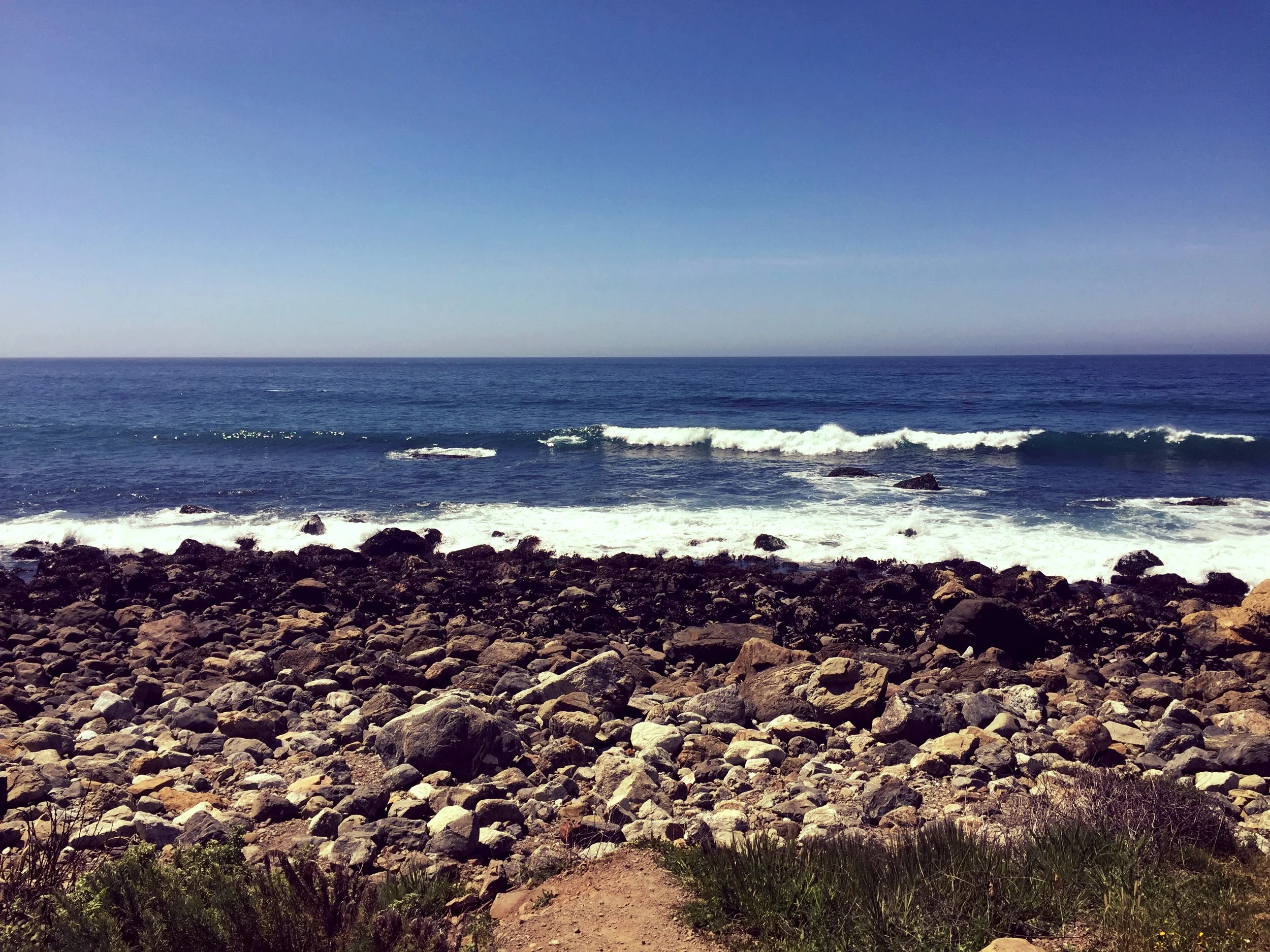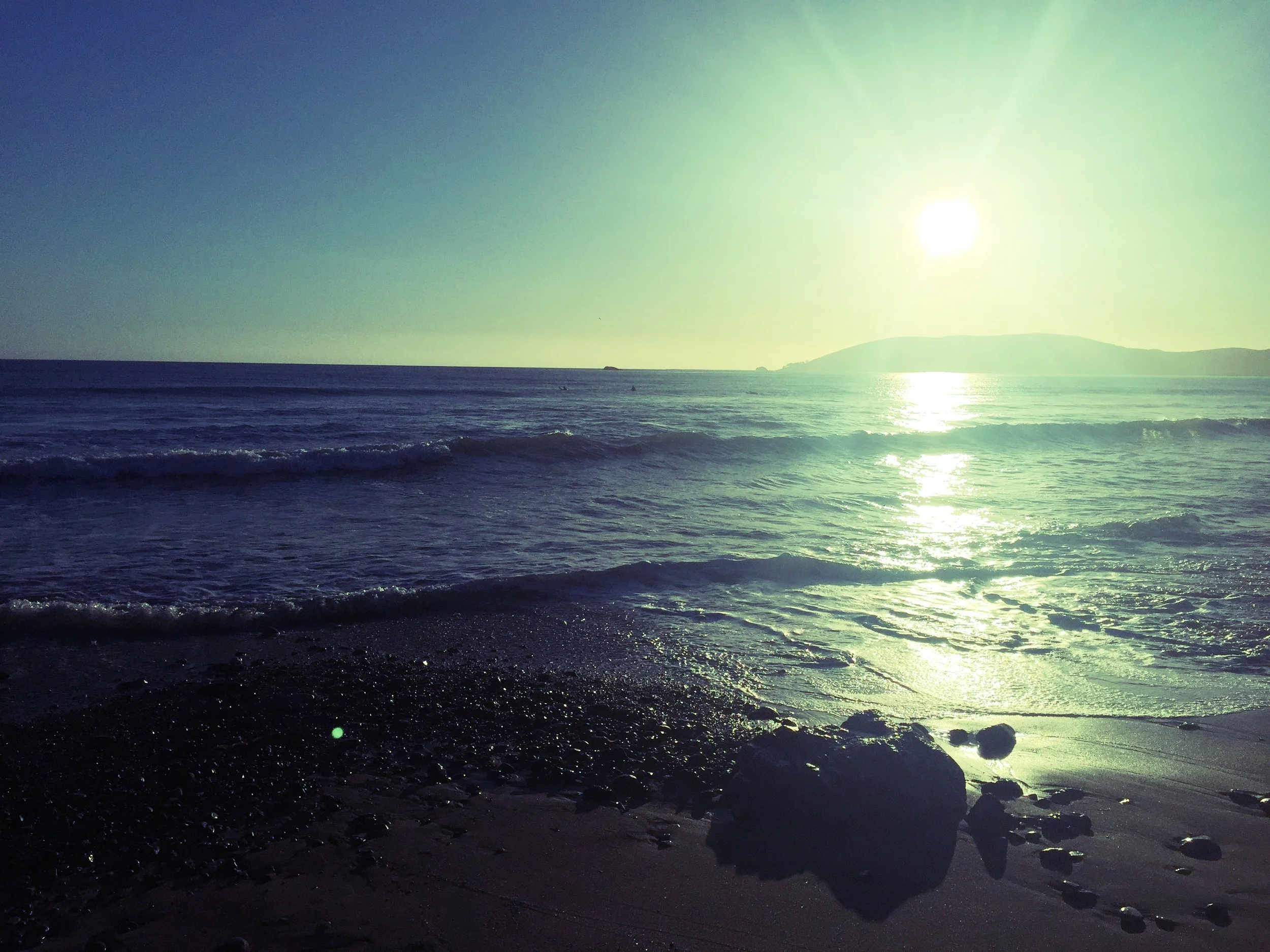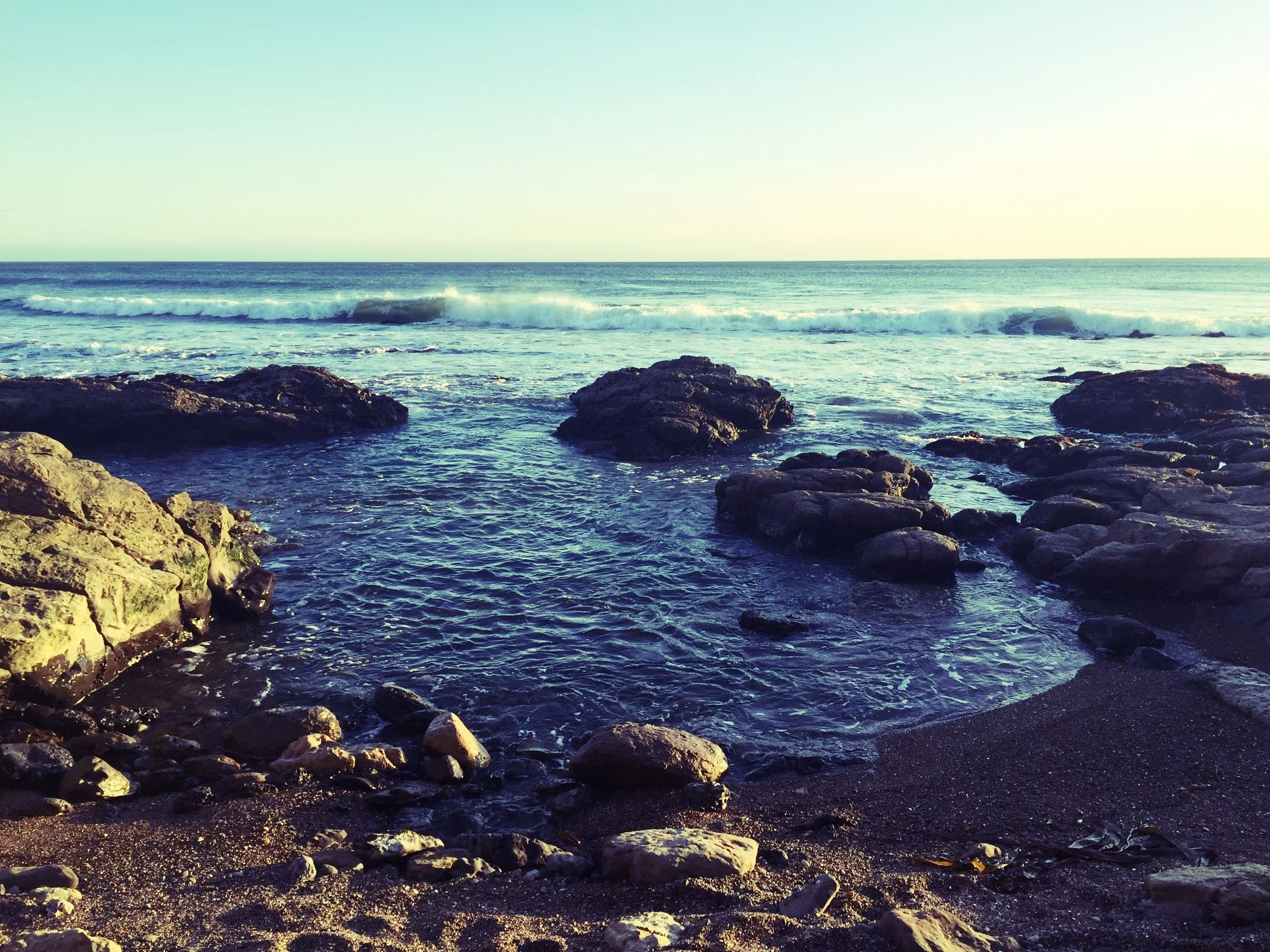My Waking Up
“I’d like to be like you
How am I?
Well…I don’t want to be offensive. I just don’t understand how you can withstand to be alone for so long. How don’t you have someone? How aren’t you with someone? I wish I were as strong as you. You don’t mind being alone.”
That’s an extract of a conversation that I had with a friend. After that, I just stopped talking because I didn’t know how to answer. I haven’t had a relationship in years, and even before that it took me years to be with someone. All those relationships didn’t last very long and always lacked a sexual element. I enjoyed being with someone, to feel loved, to love, to go out, and to explore mutual tastes. But always, when they asked me to get laid, I just felt disgusted. Sometimes, I pretended I liked to be near that. I closed my eyes or asked them to shut off the lights, but that never worked. I never felt excited, my body didn’t feel pleasure, and I barely felt stimulated.
In the beginning I couldn’t understand why I reacted that way. All the romances displayed in movies and books depicted sexual intercourse as the closest thing to melting with a lover, to leave behind all that sickening individuality and be part of an upper consciousness. That, or sex, would be characterized as the maximum expression of pleasure. But when I was about to live it, I rejected it. I couldn’t stop wondering why I didn’t felt aroused if, in front of me, lied the remnants of Eden. I thought that there was something wrong with me and that I was a coward because I had missed the chance to “archive” sex.
Suddenly, in that moment, many of my male friends would brag about how many people they had banged. It seemed as if it were a competition. The more sex, the greater they were. It seemed to me that to prove your manhood you had to be like a hunter – collecting female sexual partners – otherwise you were seen as less. So, I had to confront a crossroads, and the questions about my identity expanded. Who am I? What do I want? What do I like? Whom do I like? What do I want to do with my life? How do I build my masculinity?
With my family and most of my male friends, I was supposed to prove my masculinity through female sexual partners. All of them gave up quickly on me. Some of them understood that I was different, even if they didn’t say it, and they showed me respect. Others whispered about me and my sexuality. I always was the kid that preferred books over girls. They warned me that I was going to be like my uncle that, until then, had spent his whole life studying and had no wife or offspring; the only one in the family without a divorce. He had a thriving academic career and comfortable life, but in the eyes of the family he was a failure because he was alone. I still don’t understand how all the effort and work could be meaningless just because you don’t have someone. It’s never enough to just have a successful life. In other’s eyes, you must prove that you’re also sexually capable by driving it until its last consequence: a progeny.
We exist under oppressive dispositions that sculpt our minds and bodies so deeply that it becomes hard to realize who we are. Even the one who has suffered from them can make others suffer by the very same methods. They know that it is wrong and sadistic, but that’s “how the things are done.” When my uncle finally saw me with a girl – my best friend – he embraced me excitedly, congratulating me for not confirming what the whispers had once said. Despite everything, he assumed that the only possible relationship between a man and a woman could be one in which the female was a sexual object.
A couple of times I found myself sharing my life with people who made me feel as though my heart was on the brink of exploding. And, all those times, it was weird because I never felt attracted towards them in an aesthetic or sexual way. At very first glance, they were only common people. I could never have imagined that we were going to develop a bond so strong. Since we were kids, we have been told that we should be like “beautiful people” – white, athletic, rich, able-bodied – and that the pinnacle of love was sex. We grew up hearing that we had to admire and aspire to be with these alluring people, so that we could have sex with them and have nice children: “hay que mejorar la raza.”
So, I couldn’t understand why I was so in love with people who were deemed to be unattractive to the common eye. If the ultimate aim of desire was sex, to produce offspring that could go higher in this hierarchy, I was doing it all wrong. Was my desire wrong? I liked the shared laughing, the long talks about the cosmos and the nothingness, holding hands, kissing, laying on the same bed and cuddling, but when it came to sex, I was allergic. My interest toward them was not sexually based, so when things became close to sexual, everything crumbled, because I wasn’t able to give them that.
It’s generally understood that the base of attraction is sex. That’s how the binary distinction between a friend and a lover is created. The particularity of the lover is sexual attraction. If you are in a loving relationship, you are expected to engage in sexual encounters. Following that logic, lovers are supposed to have a sexual desire. But, what happens when someone lacks it? Can they still be lovers? Are they only friends? Is it possible to have a relationship of that kind that doesn’t involve sex? So, these questions were posed to me several times: What are we? Do I really like you? Do you love me?
I liked them. I loved them. But, how could I establish a coupled relationship that was not based in the assumption of a sexual ontology of desire and attraction? To them the sexual element was something unnegotiable, so we had to take different paths. I think it is possible to redefine that assumption, because non-sexual desire and attraction are real. And that is only one of many possibilities. Desire and attraction are sexually mystified signifiers. The possibilities of love and relationships are as wide as the language itself. They can be founded almost on anything, as well, and they can be developed towards sex or not. The shared imagination and the common agreements are the limits.
Returning to my introductory conversation: being human doesn’t imply a sexual ontology of desire; sex is not the ultimate manifestation of love; not all humans feel sexual or aesthetic attraction; some humans do not want to be sexually involved at all. I am not strong because I can “withstand” to not have sex or have a long-term relationship. Moreover, I don’t consider myself to be strong. I am just being myself. I understand, as well, that finding someone is always a hard thing. But, as you can imagine, it turns out to be a little bit harder when you are not only asexual, but a sex-repulsed ace too. I am just trying to survive in a hypersexualized world.




